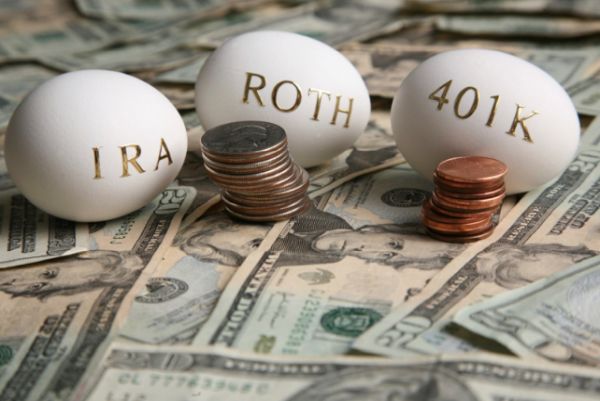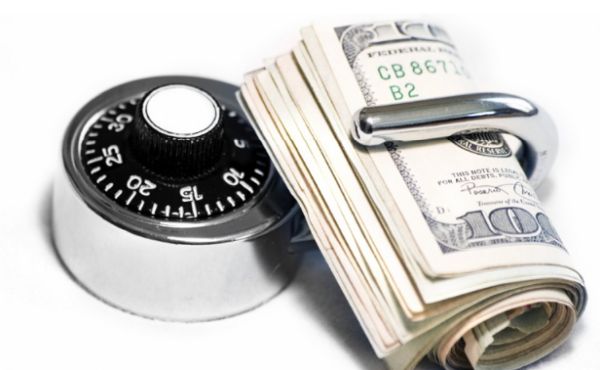How to Protect Wealth & Safeguard Your Retirement
 The growing dependence on 401(k)s as well as other specified retirement funds in the United States has both positive and negative consequences.
The growing dependence on 401(k)s as well as other specified retirement funds in the United States has both positive and negative consequences.
Due to the fact that the funds are invested by individuals (rather than pension managers), investors have more influence over the cash they’ll require in their retirement years.
However, the days of relying on a defined-benefit pension to provide a steady stream of income when one’s employment ends are long gone. There is a chance of losing years of constant earnings if the market takes a detour at the wrong moment.
Long-term investors might benefit from a degree of caution. A market slump can be more easily weathered if one has made preparations for the next bad market before it happens. Visit this page for more info https://www.fxstreet.com/news/gold-futures-no-changes-to-the-consolidation-scheme-202204080543
Here are a couple of things can do right now to safeguard your savings account from the unavoidable economic uncertainty.
Ensure a Balanced Portfolio
Diversifying your holdings is the single most effective way to reduce your exposure to risk. Many investors think they’re in excellent condition if they have their funds in a mutual fund. It’s not quite that simple, as it turns out.
Each investor should use two sorts of diversification. It all starts with allocating assets. This is the total value of all your investments, including stocks, bonds, and cash equivalents like money market funds.
As you approach near retirement, it’s generally a good idea to reduce your exposure to risky investments (such as small-cap companies). When the economy falls, these assets can leave investors in a deeper hole than high-grade bonds as well as money market funds.
Whenever the stock market takes a knock, older workers just don’t have the patience of their younger counterparts to wait for it to return.
Therefore, working with a financial consultant and determining an asset allocation that is most appropriate for your age and investing goals are essential steps to take.
Consistent asset allocation requires frequent rebalancing due to the varying growth and decline rates of different asset classes over time. Visit this website to read more.
Having a wide range of options
Investing in bond funds can help mitigate the effects of market volatility. Equivalent amounts of stock funds, real estate investments, and commodity investments can help protect principles and act as an inflation hedge.
This is referred to as asset diversification. It’s impossible to predict which asset class will have the best year in a particular year.
The second sort of diversification occurs within each asset class. If your stock holdings account for 60% of your whole portfolio, you should seek a good mix of major and small-size equities, as well as value and growth funds.
Most financial counselors advise investors to have some exposure to overseas funds as well, in part to mitigate the impact of a downturn in the United States economy.
 Get Your Hands on a Bit of Money
Get Your Hands on a Bit of Money
Only those who are retired must keep a fine line between spending time with their loved ones and saving money. Keeping some equities is a common recommendation from financial advisors to clients who are concerned about outliving their assets.
Retirees must, however, exercise greater caution when making investment decisions, as their time horizons are shorter than those of younger investors.
Some investing specialists advise investors to hold up to five years’ worth of spending in certificates of deposit, short-term bonds, and treasury bills as a hedge against economic downturns.
It’s reasonable to expect that most of your monthly spending will be more predictable once you’ve reached the age of retirement. Nevertheless, large expenses might appear out of nowhere from time to time. If you’re retired and something occurs to you, you can’t make up the time by working more.
You’ll have to dive into your funds to cover these costs. Taking money out of your assets when they have momentarily declined due to market conditions will be the last thing you want to do.
As you can see, you need a retirement wealth protection plan so you won’t have to bother with financial issues in your retirement.
Preparation for Retirement Taxes
Planning beforehand might help you avoid unpleasant tax shocks that could devastate your retirement savings.
You may not only affect your present tax returns but also your future ones, depending on how you invest. Investments to a regular IRA, for instance, can be deducted from your current year’s taxes.
Taxes will be levied on any money you take out of the account when you retire.






